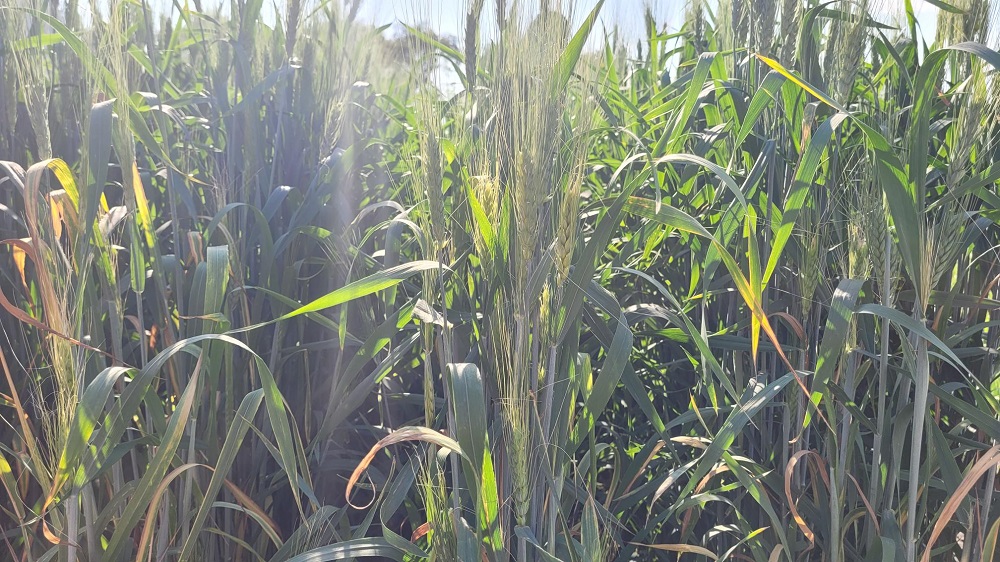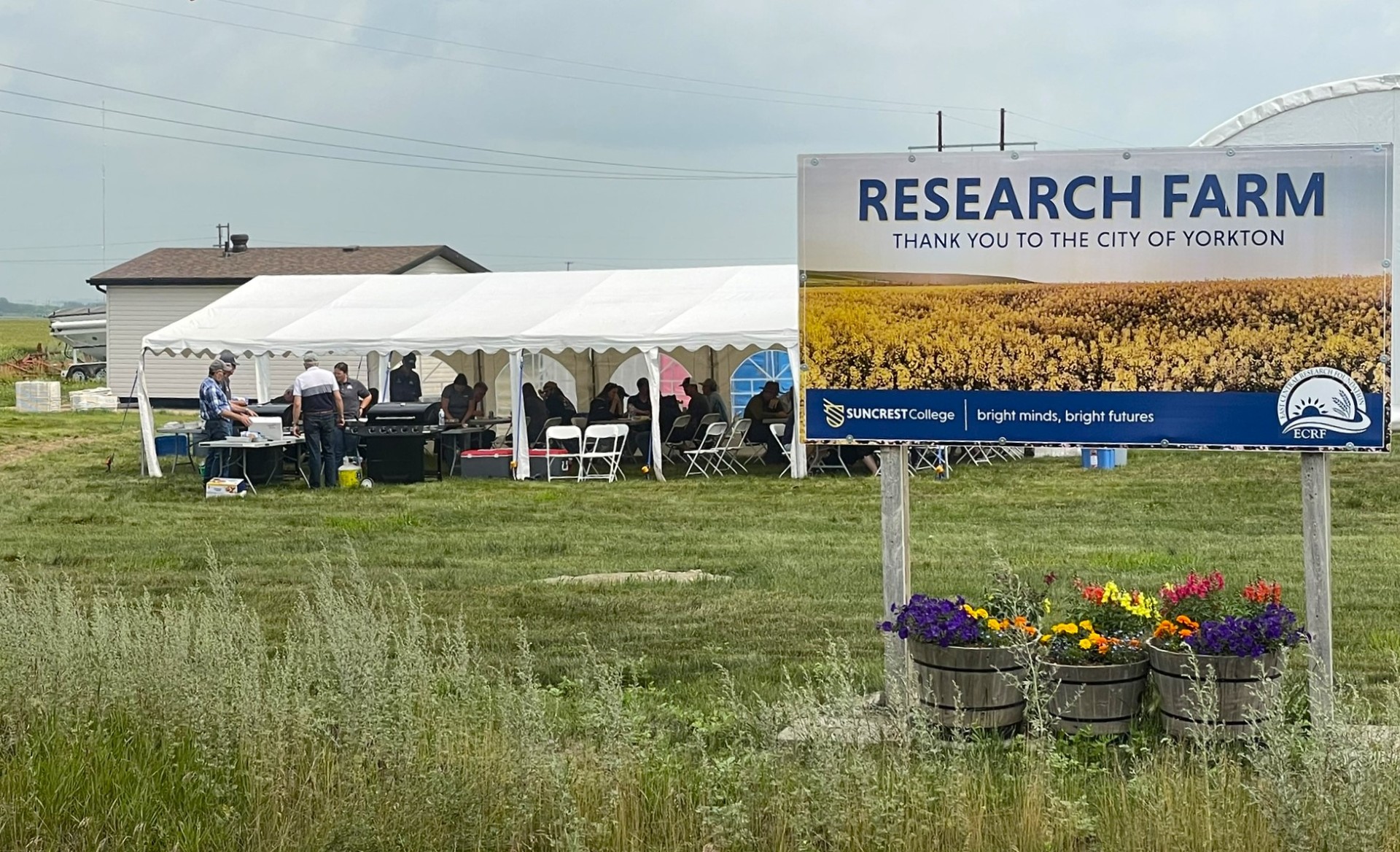After 13 days, the B.C. port strike has come to an end.
The B.C. Maritimes Association said in a statement they’ve agreed to a 4-year tentative deal with the International Longshore and Warehouse Union Canada, which represents 74-hundred workers.
The deal is subject to ratification by both the union and employer, and it comes after federal Labour Minister Seamus O’Regan ordered a mediator to issue terms of possible settlement earlier this week.
Jeff English with Pulse Canada says there will be huge backlogs to clear, estimating it could take a week for every day that the port sat idle.
He adds the catchup will likely extend into harvest season.
“One of our busiest shipping seasons of the year, so our concern throughout this whole process has been if we as a country are not able to meet demand when times are slow, will our customers have confidence in our capacity to be able to meet demand when times are moving quickly,” English said.
“It comes at what we would say is one of the worst possible times. We’re happy to see an agreement reached and goods moving but it’s going to be a long slog to get things back up to what we would consider normal.”
The Canadian Federation of Independent Business is calling on Ottawa to make port workers an essential service.
When asked if Pulse Canada agrees, English says their preference is to let both sides negotiate a deal.
“It’s for the government of the day to decide whether or not that’s in the interest of Canadians. We would point to the need for collective bargaining as something that this government has stipulated and I think what was one of the rationale for why perhaps it waited as long as it did to get in front of a mediator, get these parties back to work.” explained English, who also said the focus now is on the next contract that is expired or about to expire, and which area it impacts.
President of the Saskatchewan Association of Rural Municipalities Ray Orb is glad the strike is over, but noted every time there’s a strike in Vancouver it hurts Saskatchewan producers trying to move their grain.
“Also the industries we have in rural Saskatchewan, we’ve got forestry, a lot of lumber that’s shipped out, a lot of potash,” Orb said. “When we get that backlog it affects a lot of industries, affects our R.M.’s but also the residents of the province.
“We’re pleased that they will be going back to work, although we would have thought it would have happened a bit sooner, but nevertheless we’re pleased that it’s ended.”








